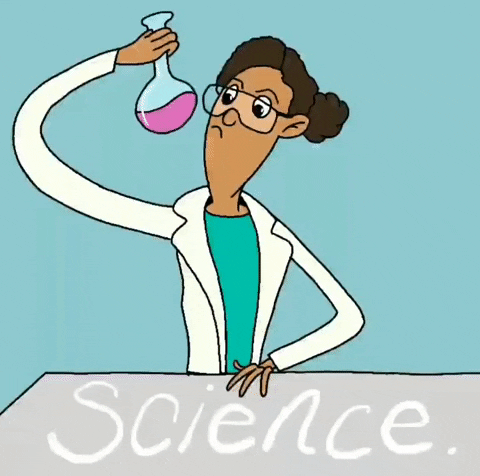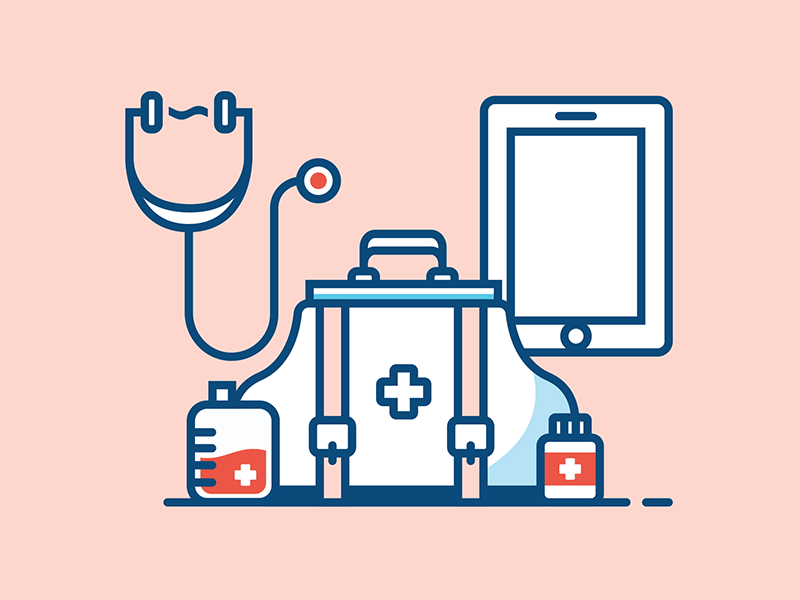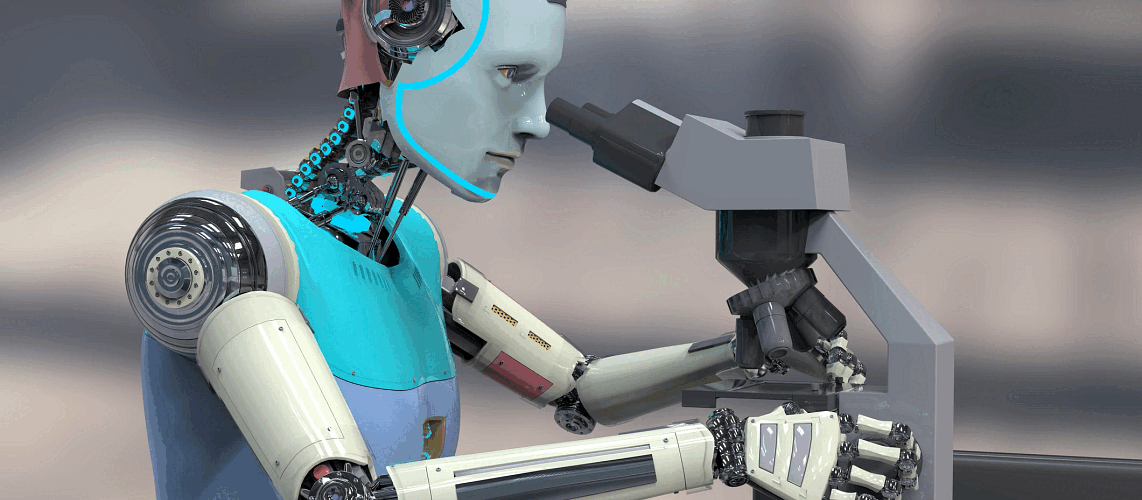Most of the attention and focus by the tech industry especially goes to how the AI Tech Wave will drive AI innovation with speed and safety for companies large and small. Also a constant eye by the media and investors on AI products and services both add-ons and native, that will change how consumers and businesses worldwide do things across industries.
One area that likely gets less attention is how AI is set to change how science both basic and applied, is done going forward across a range of industries. The impact we all trust is likely to be substantial and positive. In fields ranging from healthcare to material science, and lots of verticals in between. Axios updates us on where this stands as 2024 kicks off in “AI turbocharges science experiments”:
“Laboratory "copilots" and automated labs are AI's latest contribution to speeding up the development of new drugs, chemicals and materials.”
“Why it matters: Scientific discovery itself must speed up if the world is to address its challenges — from climate change to personalized treatments for cancer — fast enough to make a difference.”
As one might expect, a lot is happening across a range of disciplines:
“What's happening: AI has already proven useful in identifying possible new chemical and materials compounds. Now it's helping speed up and scale lab experiments.”
“A new category of lab assistant — AI lab copilots — can now make suggestions for how researchers can advance their experiments. They can also spot patterns in scientific data that individual humans would be unlikely to notice.”
“Noubar Afeyan, CEO of Flagship Pioneering and co-founder of Moderna, told Axios that AI lab copilots "help you do more in parallel" — and that he's aiming to go further, through AI "co-pioneering" to radically change scientific experimentation.”
“Ideas these copilots help shape can be tested in a new environment called cloud labs — automated labs that can be rented and controlled remotely, allowing experiments to be repeated with the push of a button.”
“The big picture: Proponents of AI-driven research tools like copilots and cloud labs aim to compress the timeline of uncertainty that exists around experimentation and make it easier to identify the errors that have caused a replication crisis in science.”
“Go deeper: Carnegie Mellon researchers reported in December that an AI system known as Coscientist had designed, planned and executed a chemistry experiment, including chemical synthesis of compounds and the control of liquid-handling instruments.”
“MIT's Zhichu Ren developed a lab assistant known as CRESt — for Copilot for Real-World Experimental Scientist — which suggests experiments, retrieves data, manages equipment and guides researchers to the next steps in an experiment.”
“In his annual letter to investors Monday, Afeyan writes that "the nature of scientific discovery is changing and the necessary components for biotechnology company-building are diffusing globally."
Healthcare in particular has a lot to potentially gain from the new crop of AI innovation. As I pointed out a few weeks ago in “AI: the Holy Grail of Healthcare”:
“In a world where everything industry is going to be impacted by the AI Tech Wave, it’s sometimes easy to appreciate its true long-term potential in really scientifically complex and regulation-festooned and many would say ‘regulation-captured’ industries like Healthcare. An industry that is now already approaching 20% of the US GDP vs other developed countries who do what they can at 10% or less, entrenched camps on both sides will argue vigorously that the US is not spending enough or spending too much on healthcare.”
“The one thing that is relatively scientifically predictable is that technology can do a lot to provide better healthcare, and so it for less over time. And particularly help potentially keep the broader population healthier BEFORE they get sick. As you’d expect, the majority of the healthcare spend in economies is AFTER people get sick.”
But it’s not all going to be smooth sailing. Lots of cross-currents to navigate ahead. As Axios again notes:
“AI systems today don't have the capacity to learn from failure, which has been the source of many human scientific discoveries.”
“Penicillin, the original antibiotic which transformed medicine, was discovered through an unintended fungal contamination noticed by a human being in the lab. It took 15 years of trial and error before mass production of penicillin began in 1943.”
“AI also isn't the only way to achieve personalized healthcare breakthroughs. The Mayo Clinic has pioneered the use of 3D anatomic modeling labs, which print 3D models of individual patients subject to complex surgeries and treatments.”
“Flashback: 2023 was a year of discovery, per Axios' Alison Snyder — and the overall trend is towards greater cross-border scientific collaboration.”
“What they're saying: "We have enough to do some pretty remarkable things," Afeyan said.
"There are still monumental challenges," writes Poon, but multimodal generative AI will allow scientists to "drastically accelerate progress toward precision health."
But the New England Journal of Medicine AI urges scrutiny: "AI must meet the same bar for clinical evidence that is expected from other clinical interventions," writes Isaac Kohane in the publication's launch edition editorial.”
So just as with commercial applications for consumers and businesses, the AI impact on Science will also see twists and turns before we get to the good stuff. But AI in Science across industries, especially in academic terms will be as important as the efforts on the commercial front. Stay tuned.
(NOTE: The discussions here are for information purposes only, and not meant as investment advice at any time. Thanks for joining us here)







